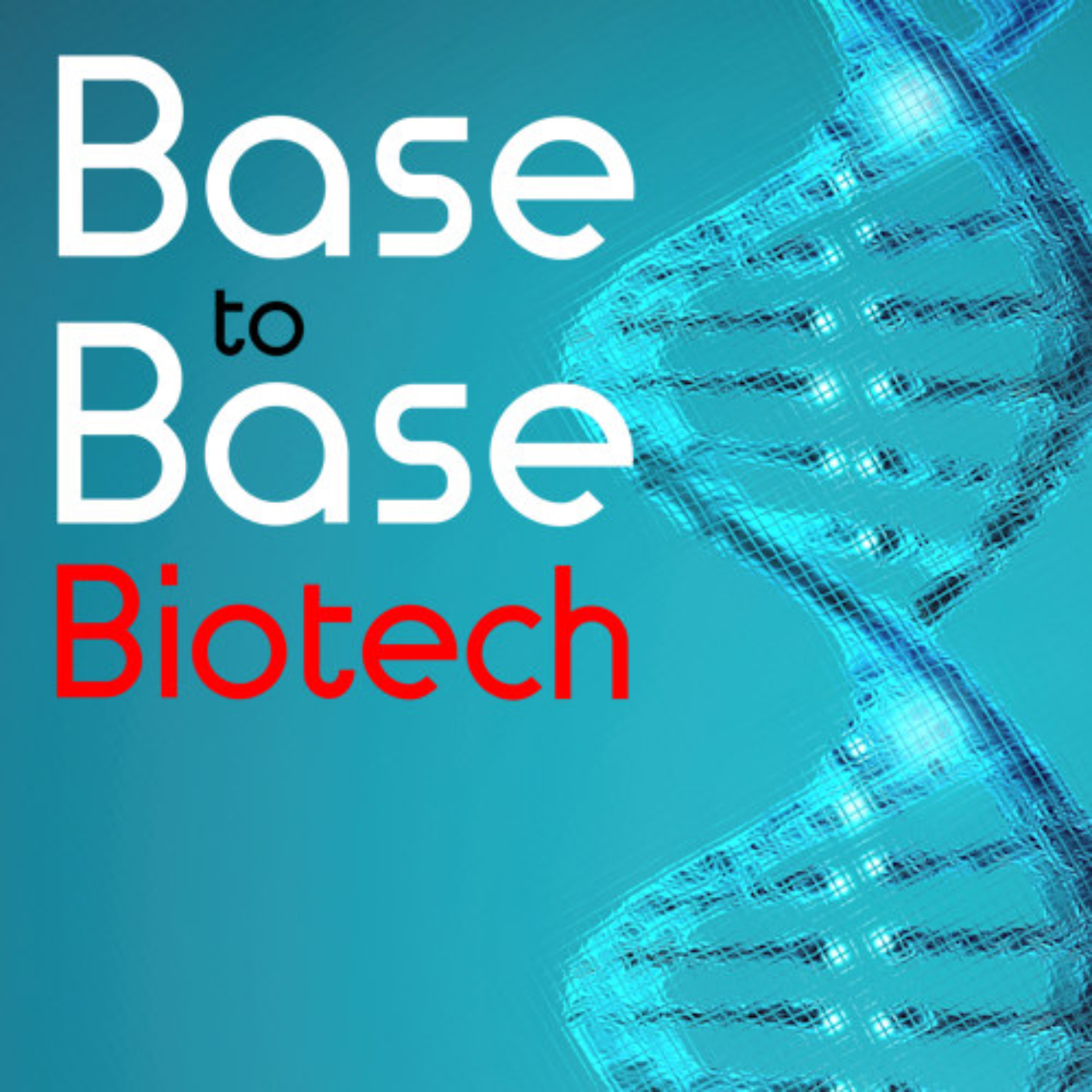Base to Base biotech podcast 16: Domain Therapeutics, SandboxAQ and LinkGevity
- Author
- Jim Cornall
- Published
- Fri 04 Jul 2025
- Episode Link
- https://rss.com/podcasts/base-to-base-biotech/2101114
This week, we have conversations with Sean MacDonald, CEO of Domain Therapeutics, Carina Kern, CEO and founder of LinkGevity, and Nadia Harhen, general manager of AI Simulation at SandboxAQ.
Interview times:
03:41 Domain Therapeutics
27:14 SandboxAQ
48:04 LinkGevity
Domain Therapeutics
Domain Therapeutics is delivering breakthrough GPCR-targeting therapies in immuno-oncology and inflammation.
Domain recently shared first-in-human results for EP4 antagonist DT-9081 (tumour-growth inhibition + clear RP2D), new pre-clinical detail on Treg-depleting anti-CCR8 mAb DT-7012, and breakthrough findings showing their PAR2 biased NAM can re-programme macrophages and restore checkpoint-blockade sensitivity.
The highly differentiated and competitive properties of DT-7012 differentiate it from other clinical anti-CCR8 candidates, positioning it as a promising therapeutic solution to overcome immune evasion mechanisms and enhance anti-tumour immune responses in solid tumours. These preclinical findings support the advancement of DT-7012 into phase I/II trials, anticipated to start in 2025.
We had a conversation with Domain’s CEO, Sean MacDonald.
SandboxAQ
SandboxAQ, which recently raised $150m from top investors including Google, NVIDIA, Ray Dalio, Eric Schmidt, and others, is pioneering the fusion of artificial intelligence (AI) and quantum (AQ) to accelerate breakthroughs in biopharma and biosimulation.
Its solutions are already being applied to accelerate drug discovery through AI-driven molecule screening; predict protein folding and interactions using quantum-inspired models; optimise clinical trial design and biomarker discovery; and secure sensitive health data and infrastructure with post-quantum cryptography.
We spoke with Nadia Harhen, general manager of AI Simulation at SandboxAQ.
LinkGevity
LinkGevity, an AI-driven drug discovery company focused on the treatment of aging and age-related diseases, recently announced its contribution to the publication of a paper in Springer Nature’s Oncogene, “Necrosis as a fundamental driver of loss of resilience and biological decline: What if we could intervene?”
The paper is a collaboration by clinicians and scientists from institutions including the Mayo Clinic, Mass General Brigham, NASA Space-Health programme, MRC Laboratory of Molecular Biology, University of South Wales (USW), University College London’s Medical School and the European Space Agency.
The authors explain how necrosis, a form of cell death historically viewed as an unregulated and terminal event, may be one of the most fundamental and targetable mechanisms driving human aging and age-related disease. The paper brings together evidence from cancer biology, regenerative medicine, kidney disease, and space health to make the case that necrosis is more than a biological endpoint: it may be the crux of how cells and tissues fail as people age.
To get in touch with guest suggestions, or to sponsor or advertise on the podcast, please email [email protected]
